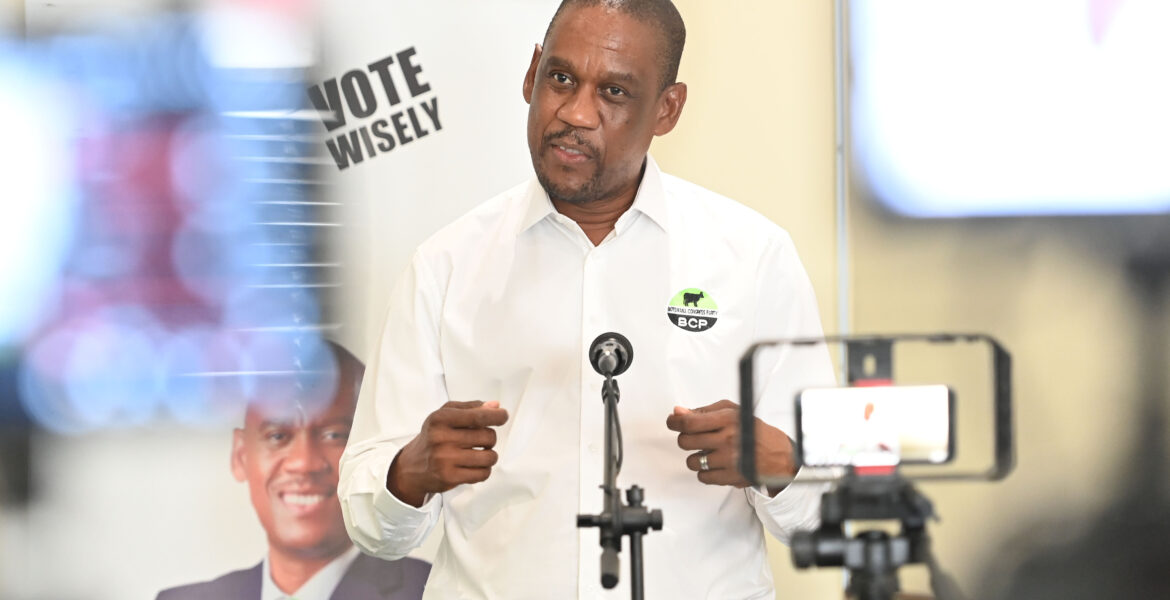- Calls on cabinet to share details of how feedback and recommendations were selectively rejected and adopted
GAZETTE REPORTER
The leader of the Botswana Congress Party (BCP), Dumelang Saleshando, has called on the government to disclose its stance on the feedback and recommendations from the House of Chiefs on the Constitutional Amendment Bill.
Addressing himself to the Minister of State, Kabo Morwaeng, Saleshando emphasised the necessity of this disclosure before Parliament may proceed with debating the Bill.
“It aligns with traditional parliamentary practices,” he asserted.
Insights
When Minister Morwaeng introduced the Constitutional Amendment Bill for its first reading, it was referred to Ntlo Ya Dikgosi for its insights as outlined in Standing Order 72.4.
According to constitutional procedure, members of Botswana’s Upper House have a 30-day period to provide feedback and recommendations on the proposed amendments.
This process is designed to ensure that perspectives of the House of Chiefs are considered in the legislative process.
Detailed explanation
Speaking in Parliament this week, Saleshando called for a detailed explanation of the criteria used by the executive to either adopt or reject the recommendations from the House of Chiefs, citing specific examples.
“Transparency in this matter is crucial for maintaining the integrity of the legislative process and ensuring that all stakeholders’ views are appropriately considered,” he said.
“It is important for us to know why you adopted whichever recommendation you adopted and rejected whichever you rejected.”
Whereupon the Speaker, Phandu Skelemani, responded: “I directed that the recommendations and feedback be taken to the Minister and Leader of the House. I don’t know whether that was done or not. Maybe they can respond.”
Significant criticism
The proposed amendments have their roots in the Presidential Commission of Inquiry into the Review of the Constitution of Botswana.
This commission was tasked with conducting nationwide consultations to gather citizens’ opinions.
However, the findings of the commission have faced significant criticism, with detractors questioning the legitimacy of the process and accusing it of lacking genuine public engagement.

